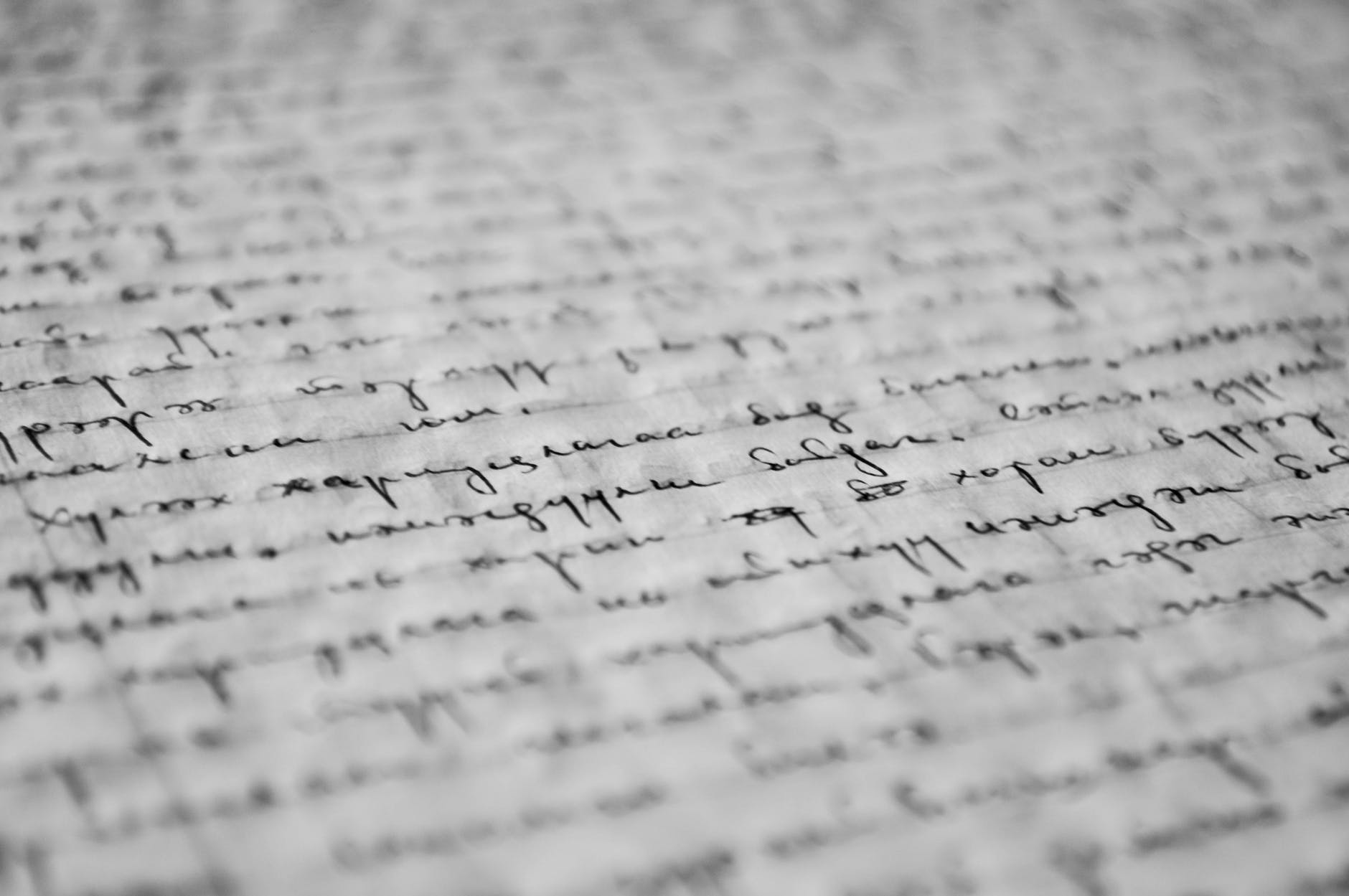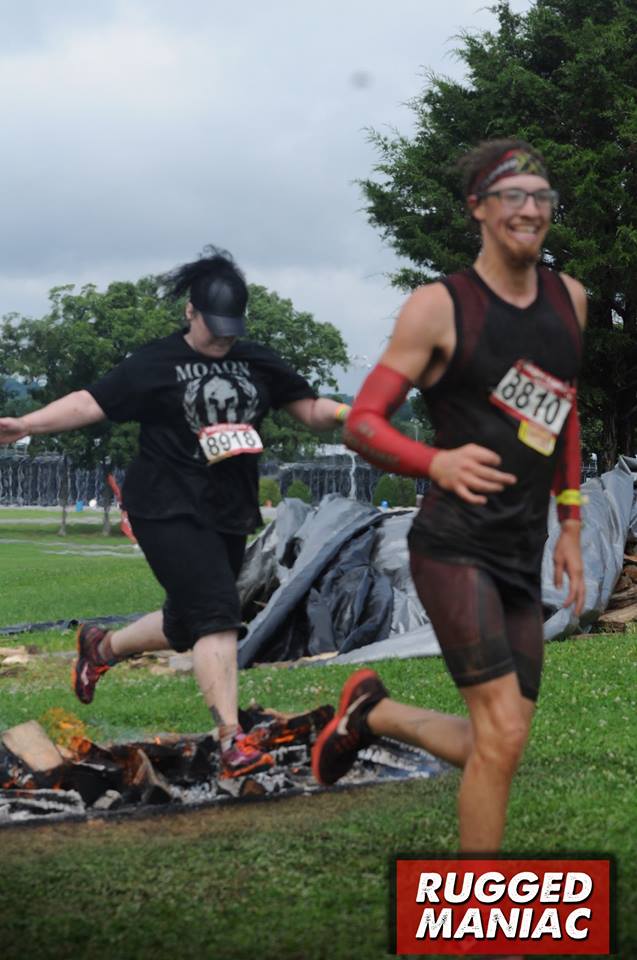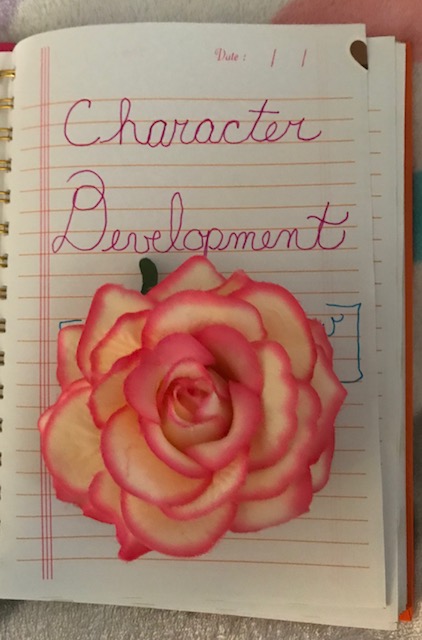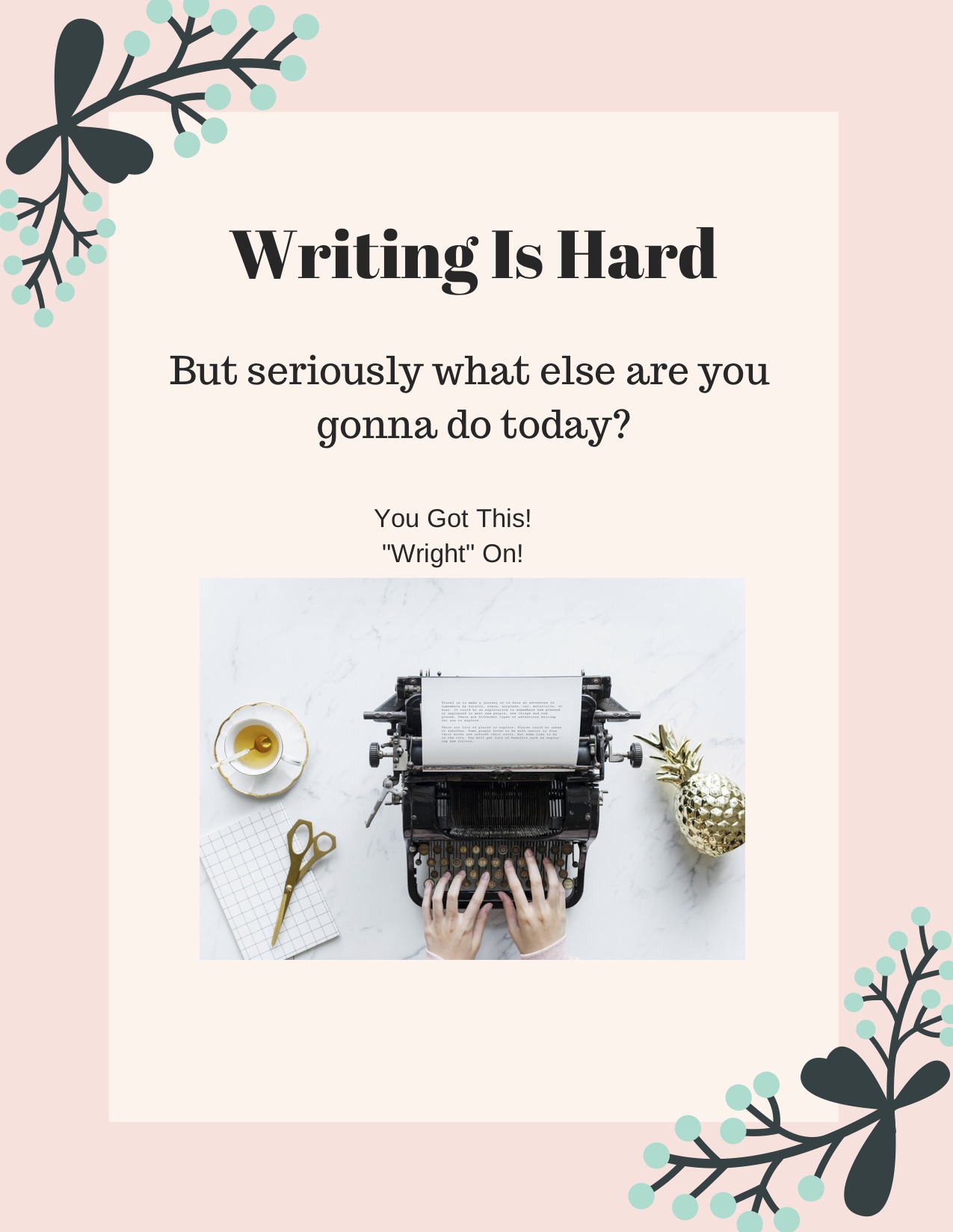
This past June marked thirty years since I graduated from that eponymous time of life known as high school. It pains me to think how quickly those thirty years have flown by-as if I were just shy of eighteen with the whole world and life ahead of me yesterday and now I am staring down the road of middle age. Its a stark reminder to always remember and cherish the good times and the good people in your life. But as this milestone in my life passed I began to ruminate on those halcyon days of high school and one teacher kept a brighter light in my memories than any other.
That would be Mrs. Schwartz, my senior year English teacher.
Mrs. Schwartz was unlike all the other stuffy and staid teachers in my school. She was vibrant and colorful, sassy and opinionated and above all she was a literature lover of the highest degree. She was unlike all my teachers before or any of the teachers who came after. She was a one of a kind impetus in my life. She inspired me to explore great and obscure literature. And it was after that year in her English class I remember thinking I might like to go into teaching one day.
Mrs. Schwartz was a lively, involved and incredibly charismatic teacher. She brought literature alive for me in each of her lectures and discussions with the class. I was most definitely an introvert in high school and extremely shy and quiet in class. This particular class had many type A , high achieving , popular personalities in it and I always found myself feeling less than adequate when compared to these classmates.

I was not at the top of the popularity mountain though I did have several very close friends and as I think back on those days I only remember one or two of my friends being in that class of thirty. So while I loved the class for all its focus on books and writing , I also remember being acutely anxious and awkward and trying to not be noticed or stand out when in class. I definitely remember not wanting to be in the spotlight ever! Which meant giving out an opinion or sharing in the lively class discussions was torturous for me. Yet, somehow Mrs. Schwartz saw past all my insecurities and was active in encouraging me to participate and she always encouraged me to keep writing.
She made it a point to leave lengthy comments on my essays that offered constructive criticism while building me up and encouraging my writing. Often times, she would read excerpts from student essays to the class that she found particularly well done or had a unique point of view, and although she never named names I know that she always included my work. It made me feel warm and happy inside. I felt like I was making her proud and it meant the world to me!
I also remember Mrs. Schwartz was a bit of a rebel in those days. I remember her showing us the full, uncut version of the movie 1984 after we had read the Orwellian classic in class. It may be considered tame by today’s standards but in the early 1990s showing a movie with frontal nudity in a high school class was a risque teaching move. But she said that since we were all on the cusp of adulthood we should be able to handle of few moments of nakedness with out being immature . She was right of course even if my dad thought it was not a great movie for a seventeen year old girl to watch.

Mrs. Schwartz was definitely a trailblazer in my eyes because she was always presenting her students with opportunities to experience literature with raw, over-arching themes that made you think about the world at large and not just your own little bubble. She taught me how to explore differing viewpoints, how to formulate my own viewpoint, and how to express those viewpoints in writing. She influenced me with her ability to find and explain the deeper meaning in texts, she taught me how to read like a writer and pull out the meat and marrow from what ever piece of literature I was reading.
She was a teacher devoted to her students and to the literature she was teaching. She was one of the first people to encourage me to write and keep writing. She built up my confidence when it was insecure and on shaky ground. She helped me to see that I was just as capable and just as intelligent as any of the other top students in class. She always took the time after class to talk with me and give me reading recommendations and she even lent me some of her own books!
If there is one thing I remember most about Mrs. Schwartz it is that she made me feel seen and heard and understood. And for me who was a teenage girl struggling with self harm and depression that was like handing me the rope to keep hanging on. Her vibrant teaching and caring demeanor and personal attention kept me going during a time I didn’t think I wanted to keep living- I absolutely lived for her class in every sense of the word.

When I look back on that time in Mrs. Schwartz’s classroom I will always see her radiant smile, her crazy hair, her sassy vibe and her voice drawing me into the discussion and into the wonder of literature. She was the catalyst in my life even if I didn’t know it at the time. A few years later and a couple of college major changes it was Mrs. Schwartz I thought about when I finally decided to become a teacher. I wanted to be able to affect just one child the way Mrs. Schwartz affected me. I wanted to bring passion and depth to my teaching. I wanted to light a fire in my students the way she lit a fire in me.
I spent the most amazing fifteen years in elementary education until I became a stay at home mom. And I can only hope that one day, one student will think I did half as good a job as Mrs. Schwartz did in her teaching career. I never got to tell her all of this before she passed and that is a regret I will always have in my heart. So tonight I raise my glass and toast the indomitable and enduring spirit of my favorite teacher- Mrs. Schwartz. Cheers!
























